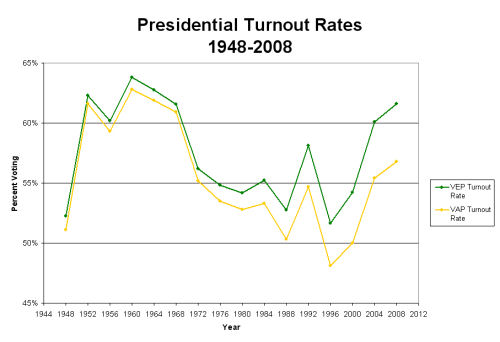SocialEngineer
Active member
- Joined
- Apr 30, 2013
- Messages
- 251
- Reaction score
- 44
- Gender
- Male
- Political Leaning
- Other
I can understand people hating me.............When they tell me their invisible friend hates me too is when I knew they had a very bad problem...............................
My invisible friend's opinions are his business, and I'll thank you to respect his privacy.

